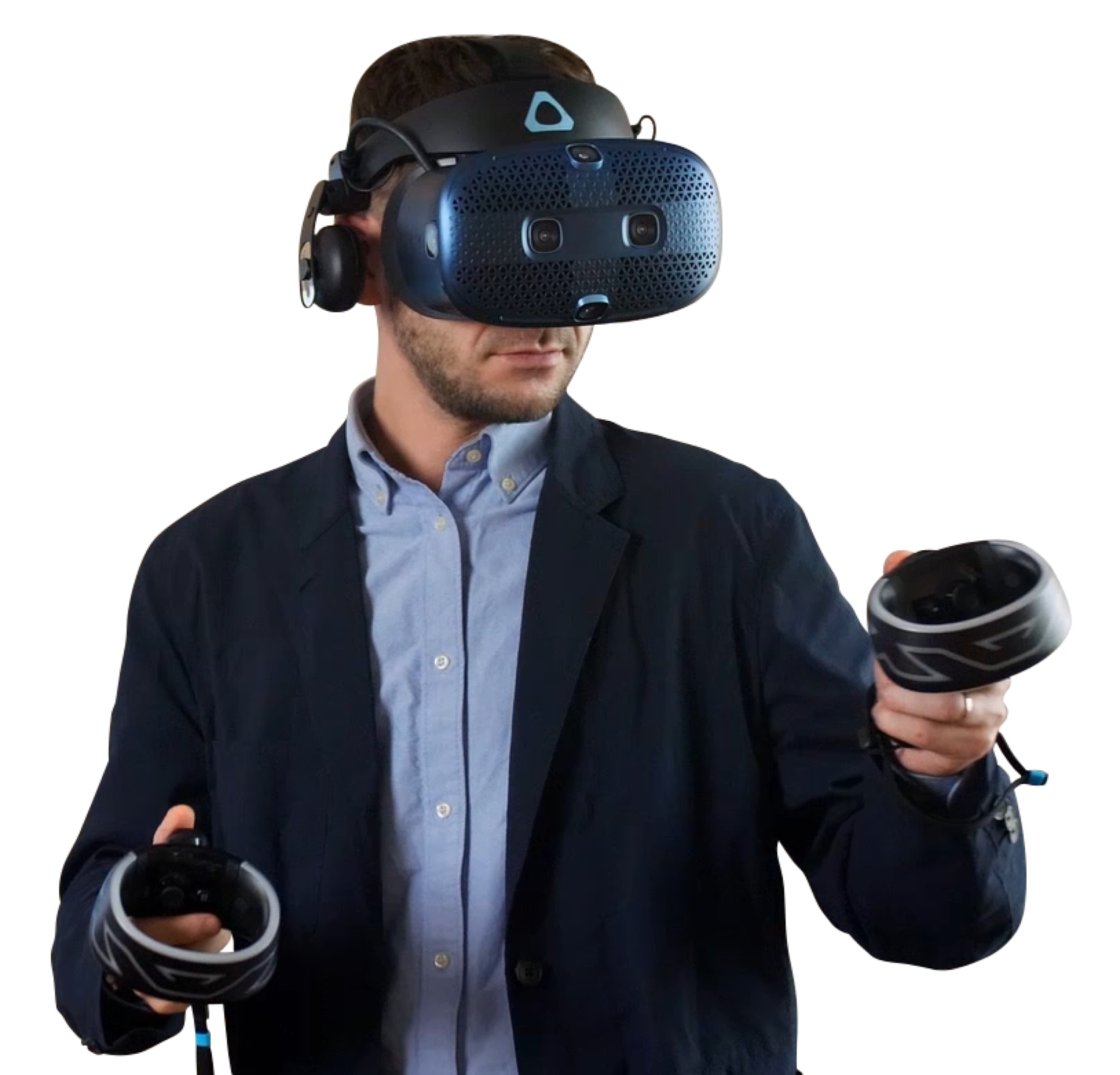contact us


case education, constraction
MGSU
On July 31, 2020, the leading construction university in the country, National Research University MGSU, entered into a collaboration agreement with VR Concept, an innovative company specializing in virtual prototyping applications for collaborative work with digital twins in virtual reality (VR).
The parties agreed to collaborate on the development and integration of VR technologies in educational, scientific, and technical processes, as well as the promotion of innovative technologies within the professional community.
Under the agreement, VR Concept granted MGSU a license to use their software. Students and university staff will have the chance to explore this software during fall seminars organized by the Student Scientific Society of MGSU, along with joint events involving the university and VR Concept.
According to Alexander Romanovich Tusnin, the Vice-Rector of National Research University MGSU, "Construction stands out as one of the most knowledge-intensive industries, making the integration of advanced technologies particularly crucial. The incorporation of technologies like virtual reality, among the most promising of our time, holds significant advantages for all industry participants. This is especially true in the context of its increasing implementation in major construction projects worldwide".
Denis Zakharkin, the CEO of VR Concept, expressed confidence in the productive collaboration between his company and MGSU. He stated, "We engage with universities to develop the skills and competencies of future specialists who will play key roles in digitalization and innovation implementation. Our mission is to facilitate the effective utilization of virtual reality in the educational process. We are pleased to observe an increasing number of educational institutions recognizing the value of incorporating VR."
A primary focus of collaboration will involve jointly conducting research and development within the University’s established scientific and laboratory centers. Numerous departments have expressed significant interest in the potential to visualize the outcomes of their work in a virtual environment. This visualization not only enhances the visibility of their results but also opens up opportunities for further analysis.
Under the agreement, VR Concept granted MGSU a license to use their software. Students and university staff will have the chance to explore this software during fall seminars organized by the Student Scientific Society of MGSU, along with joint events involving the university and VR Concept.
According to Alexander Romanovich Tusnin, the Vice-Rector of National Research University MGSU, "Construction stands out as one of the most knowledge-intensive industries, making the integration of advanced technologies particularly crucial. The incorporation of technologies like virtual reality, among the most promising of our time, holds significant advantages for all industry participants. This is especially true in the context of its increasing implementation in major construction projects worldwide".
Denis Zakharkin, the CEO of VR Concept, expressed confidence in the productive collaboration between his company and MGSU. He stated, "We engage with universities to develop the skills and competencies of future specialists who will play key roles in digitalization and innovation implementation. Our mission is to facilitate the effective utilization of virtual reality in the educational process. We are pleased to observe an increasing number of educational institutions recognizing the value of incorporating VR."
A primary focus of collaboration will involve jointly conducting research and development within the University’s established scientific and laboratory centers. Numerous departments have expressed significant interest in the potential to visualize the outcomes of their work in a virtual environment. This visualization not only enhances the visibility of their results but also opens up opportunities for further analysis.